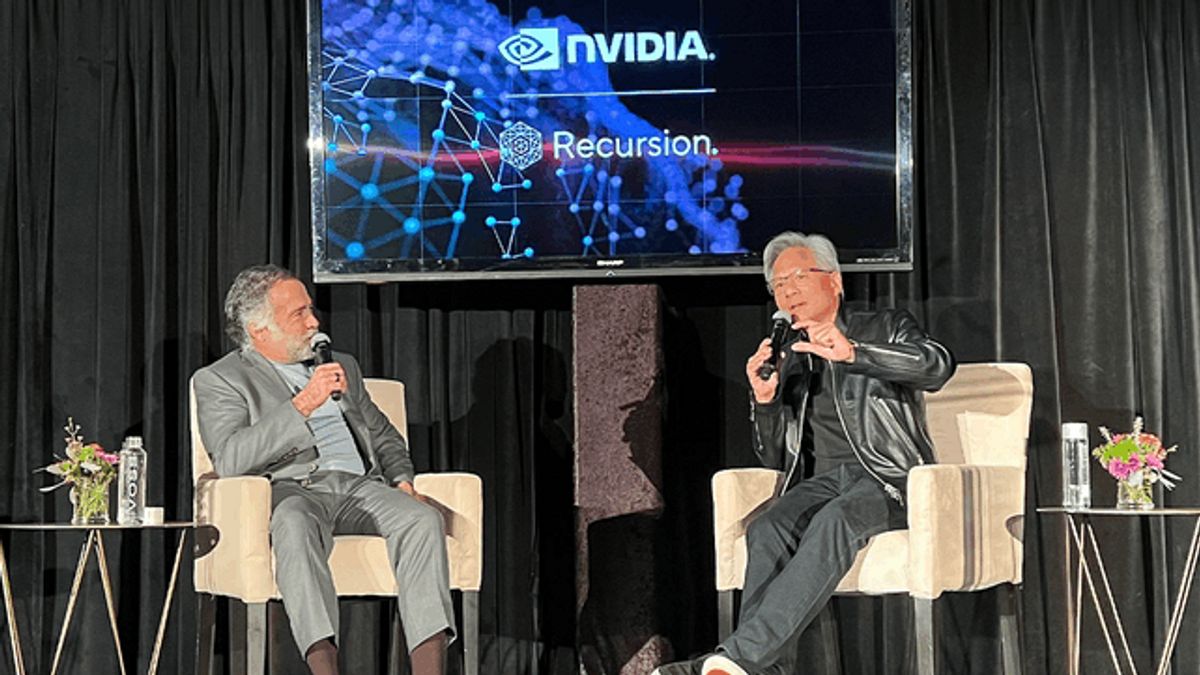JAKARTA - Nvidia has begun accepting initial orders for a new artificial intelligence (AI) chip specifically aimed at the Chinese market. The chip, called H20, is the strongest graphics card of three products developed by Nvidia for the Chinese market after the United States expanded its ban on high-end chip exports, with the aim of hampering China's ability to develop advanced AI and computers for military purposes.
H20 is sold at a price comparable to rival products from Huawei, as sources familiar with the issue say. Although H20 provides lower computing power compared to Nvidia's flagship AI chips, H100, and H800, which have also been aimed at China and have been banned before, H20 specifications also suggest that the chip is less powerful than Huawei's 910B Ascend in some key areas, according to three sources not allowed to speak to the media.
Several distributors have started advertising the chip at a significant markup price, reaching around 110,000 yuan (IDR 241.4 million), compared to Huawei's Ascend 910B which sold for around 120,000 yuan (IDR 266.6 million). Nvidia, the chipmaker, declined to comment.
Distributors mentioned that H20 will be available in small batches in the first quarter of 2024, and in greater numbers starting in the second quarter. Prior to US restrictions, Nvidia dominated China's AI chip market with a market share of more than 90%. However, now the company is facing growing competition from domestic competitors, especially Huawei.
Huawei's 910B chip is considered the most competitive AI offering available in China today and is increasingly popular as buyers' concerns about access that may be increasingly limited to Nvidia products due to US sanctions.
Although H20 lags behind 910B in FP32 performance, one of the critical metrics measuring how quickly chips can process general tasks, this chip has an advantage in interconnect speed, which measures how quickly data can be transferred between chips.
Nvidia plans to start mass production of H20 in the second quarter of this year after the previous delay. In addition to the H20, Nvidia also plans to launch two other Chinese special chips, L20 and L2. However, the launch status of the two chips has yet to be determined, and all three have not been registered on Nvidia's official website.
Underlining the importance of the Chinese market for Nvidia CEO Jensen Huang visited the company's offices in Shenzhen, Shanghai, and Beijing last month at the company's annual event ahead of the Lunar New Year holiday.
The English, Chinese, Japanese, Arabic, and French versions are automatically generated by the AI. So there may still be inaccuracies in translating, please always see Indonesian as our main language. (system supported by DigitalSiber.id)












